After Anoushka Shankar opens up about depression following a double hysterectomy, we get experts to share a primer on physical and mental well-being post the procedure

Anoushka Shankar
For many women, the uterus or the womb is so much more than its physical existence — from providing a sense of self, gender identity and sexual attractiveness to cultural associations with desirability, the uterus's role in the ability to procreate can often lead to powerful emotional attachment. Hysterectomy (the partial or complete surgical removal of the uterus) is one of the most common gynaecological surgeries performed around the world.
ADVERTISEMENT
However, the resultant physical and emotional impact on women undergoing the procedure is rarely discussed. Take for example, internationally acclaimed musician Anoushka Shankar's recent post about undergoing a double hysterectomy, where she explains why she decided to go under the knife (she was diagnosed with 13 tumours) and that it was a difficult choice to make. "When I found out… that I needed to have my uterus taken out, I went into short-term depression. The news triggered fears about my womanliness, my possible desire to have more children in the future, the fear of dying in surgery and leaving my kids without a mother, the effect the changes may have on my sex life and more," she writes. Experts, and readers who have undergone the process answer some of the most pertinent questions that women may have about hysterectomy.
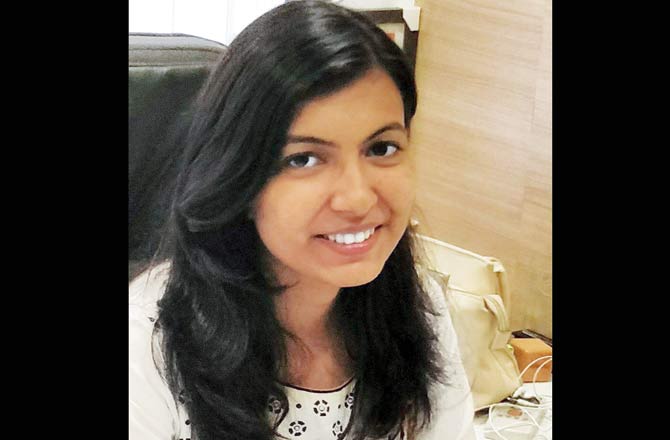
Payal Sharma Kamath
When do you need it?
"Although the peak age for uterine cancers is the sixth decade of life, with an increase in the incidence of diabetes, hypertension and obesity [all risk factors for uterine cancer] in younger women, the age at which uterine cancer occurs has come down," says Dr Veena Aurangabadwala, a gynaecologist at Zen Hospital, Chembur, adding that since the symptoms of the condition (including abnormal uterine bleeding) are very apparent, early diagnosis is possible and treatment is almost always successful. A hysterectomy may also be recommended for fibroids that cause severe pain and bleeding and do not respond to medical management. "It can also be suggested when the condition is severely incapacitating and if it causes severe bleeding, repeated hospitalisation for severe pain and/or frequent blood transfusions," she says. Dr Anu Vinod Vij, an obstetrics and gynaecology specialist at Motherhood Hospital, adds that cancer of the cervix or ovaries, uterine prolapse, extensive endometriosis, adenomyosis and chronic pelvic pain are other reasons why a hysterectomy may be recommended. "Hysterectomies for non-cancerous reasons are usually considered only after all other treatment approaches have been tried without success," she adds.
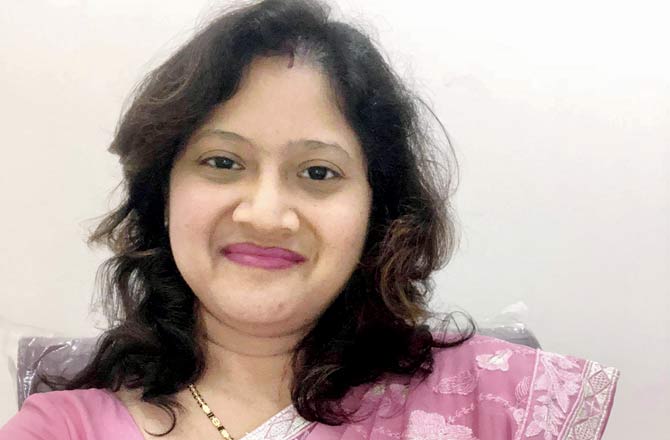
Veena Aurangabadwalla
Possible complications
"The uterus supports the pelvic floor. Accordingly, removing it at a young age could lead to loosening and weakening of the pelvic floor, causing a condition known as vault prolapse. This may also cause urinary incontinence in certain women. In cases where the ovaries are removed with the uterus, women enter early menopause and will experience menopausal symptoms, such as hot flashes, mood swings and genital atrophy. They may need to undergo hormone replacement therapy, to treat the same. The risks associated with menopause, such as that of stroke and cardiovascular disease, also increase in these conditions. However, a simple hysterectomy that involves partial or complete removal of the uterus does not induce menopause," says Dr Aurangabadwala. Dr Vij adds that certain women may suffer from vaginal fistula formation (an abnormal connection between the vagina and bladder or rectum), chronic pain and reduced sexual desire.

Anu Vij
What is the emotional impact?
The decision to undergo a hysterectomy can trigger several (often conflicting) emotions, explains Dr Payal Sharma Kamath, psychiatrist at city-based Rekindle Mind Clinic. "While some women feel relief for no longer having to contend with uncomfortable symptoms, there is also a sense of loss that they may experience. In fact, studies have found that 30 percent of women under the age of 40 who underwent hysterectomy for benign lesions, reported psychiatric complaints. Many women struggle with coming to terms with losing the ability to become pregnant. Some women also feel 'changed' beyond the procedure," she says.
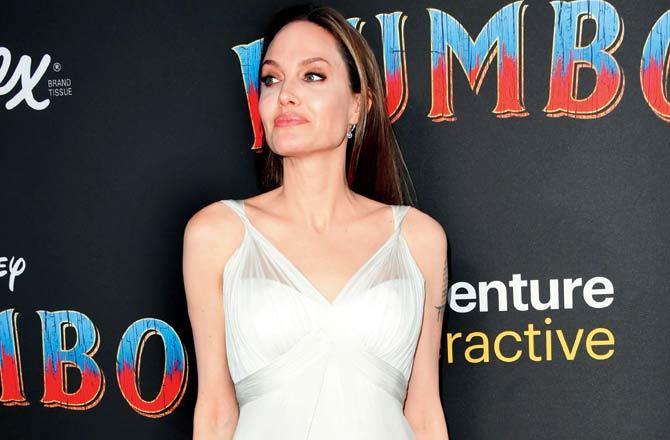
Take into consideration
The two most important factors governing the decision are the age of the woman and whether fertility is desired, says Dr Aurangabadwala. "If the woman is in her 30s or younger, conservative management is usually prescribed for non-cancerous conditions. Similarly, if fertility is desired, treatment is more focused on medicinal interventions and procedures that can help to retain the uterus," she explains. The effect of the condition on the woman's quality of life is another consideration — if the mass or fibroid is not very big, is benign and does not require to be removed, if the woman is not suffering excessive bleeding or any other physical symptoms except for minor pains during periods, a hysterectomy is usually not recommended. "Certain comorbid conditions can also influence this decision. For instance, women undergoing treatment for breast cancer are often given medication that can thicken the inner lining of the uterus — if unchecked, this can lead to endometriosis and uterine cancer," she cautions.
Is the surgery complicated?
Most women who undergo hysterectomy do not suffer from any serious problems or complications, says Dr Aurangabadwala. "There is a mild risk of bladder and bowel injury. However, the surgery is generally safe," she confirms.
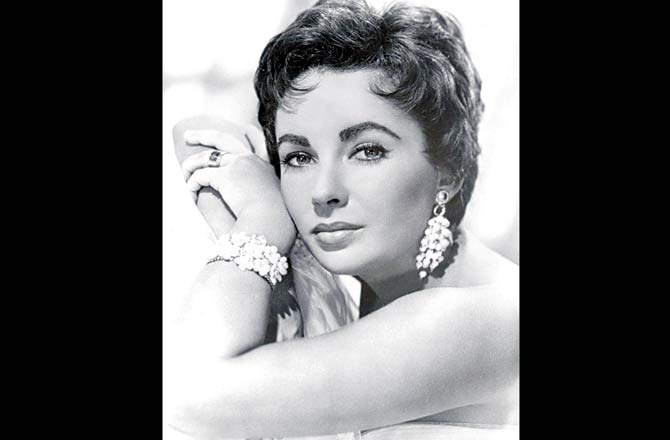
Celebs who went under the knife
. Angelina Jolie
. Elizabeth Taylor
. Lena Dunham
Case study 1
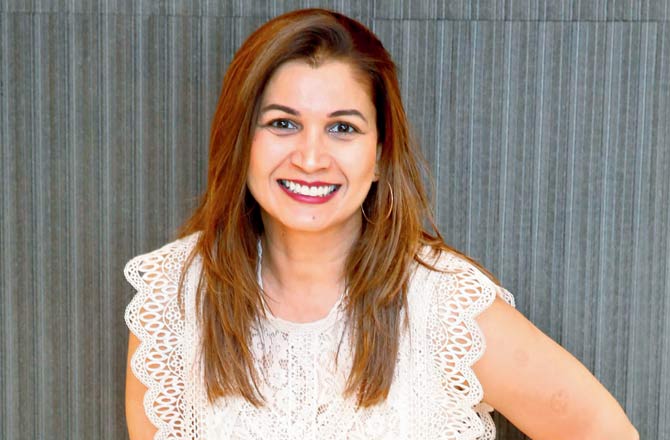
Taking the decision was the hardest part
I always wanted a large family. I tried for a third child for nearly two decades. In the process, I went through multiple IVF and IUI cycles, which involved pumping my body with large amounts of hormones. My uterine lining began to thicken, and body changed for the worse. I gained a lot of weight, and no matter how well I ate or how much I exercised, I wasn't losing it. I also had to visit the gynaecologist for annual clean-ups (surgery to thin the lining). Nothing worked. One day, at a wedding, I began to bleed profusely even though I was not on my period. At that moment, I realised that I no longer wanted to protect my uterus at the cost of my physical and emotional well-being. For many years, I had been shying away from taking the step, fearing that it would somehow make me less of a woman. But I was constantly bloated and depressed. There was also the risk of cancer. My family, including my husband and in-laws, was supportive. My mother, especially, helped me look past the emotional turmoil. I later realised that taking the decision to go under the knife was the hardest part. Only two days after the surgery, it felt like a tremendous weight had been lifted off my shoulders. I lost six kilos in one month. Emotionally, it felt as though I was finally back to my old self.
Payal Kothari, 46, nutritionist
Case study 2
I prioritised my health
I took a sonography for menstrual issues this January. What I had assumed was the impact of
work-related stress and excess weight, proved to be a tumour in my right ovary and a bulky uterus. Hysterectomy was the only alternative. Both my gynaecologist and surgeon counselled me about the impact, which included not having children. They also suggested saving my other ovary, which was in good condition. But I was very clear about not wanting children. My health was vital. I underwent the procedure in February. I am still undergoing treatment. The biggest effect is hormonal. After the operation, I was irritable and angry. The support from my family and well-wishers has played a vital role in helping me cope.
Sapna Sarfare, 38, media professional
Catch up on all the latest Mumbai news, crime news, current affairs, and also a complete guide on Mumbai from food to things to do and events across the city here. Also download the new mid-day Android and iOS apps to get latest updates
 Subscribe today by clicking the link and stay updated with the latest news!" Click here!
Subscribe today by clicking the link and stay updated with the latest news!" Click here!






